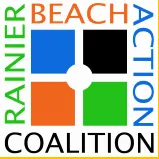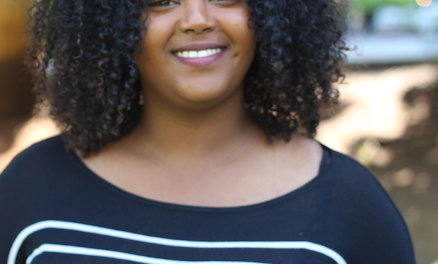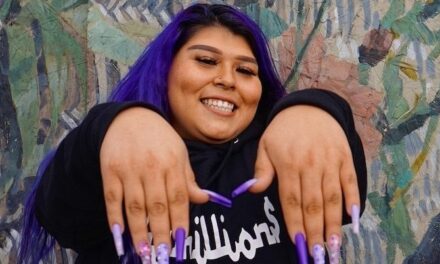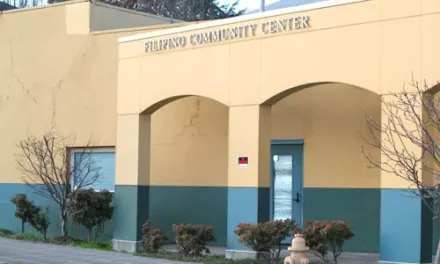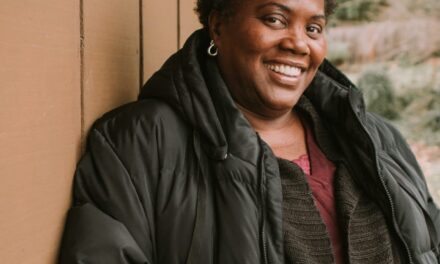Holding Space: Jerrell Davis

I’m born and raised in South Seattle, so I’ve been here 29 years. There’s so many different dynamics and facets of what it means to be from any particular area, and I feel like my experience growing up here has been multicultural as ****! To be from the South End is something that people brag about. Everybody in Seattle wants to be from the South End, but it’s not always as philthy as it sounds.
And what it means to be from South Seattle today is a different vibration than it was in the past. I remember ice cream trucks and catching the bus hella. I remember corner stores. I don’t remember there being as many police. I remember one of my favorite restaurants, the Silver Fork, that used to be over on Rainier. I remember the first time I had a homie die from gang violence. I’ll never forget that. I actually live across the street from where it happened. So it’s really a mixed bag, but I wouldn’t trade it for the world.
It’s really all about adaptability and humility. That’s the only way we can grow and develop as a community is to maintain that openness to learning from each other.
I’ve always been involved in my community. My parents were a big part of that. My mom was an advocate for victims of domestic violence, and my dad was just always an organizer. I grew up sitting on his leg at all kinds of meetings; I was just raised in it. Not only that, my interests have just always been about tapping in with young people. That’s probably my main driver. I came into organizing through education and working with them, and I’ve learned so much from hanging out with young people. It’s really all about adaptability and humility. That’s the only way we can grow and develop as a community is to maintain that openness to learning from each other.
The thing about South Seattle is that it’s so diverse because it’s not just a mix of cultures, it’s also a mix of classes. I’ve experienced gentrification but I’ve also gotten to study it — which gives you a whole different lens on it. I truly believe that gentrification is orchestrated, coordinated, and implemented to a tee by the people that benefit from it. And for some reason, people don’t place enough blame on the government for that. We’ve gotta stop using terms like ‘gentrification’ when the government starts using them, because to me that shows that the word has been bureaucratized, or normalized. When terms like that get normalized, it’s too easy for folx to distance themselves from the part they play in all of it.
I think right now, the fear of being shoved out of this city is one of the main things that drives any young person’s decisions
I think right now, the fear of being shoved out of this city is one of the main things that drives any young person’s decisions. They feel like they gotta start working 1 or 2 or 3 jobs as soon as they can, because, if not, their family might get evicted and have to move down to Renton or Kent. And they’re so caught up in providing for their family that they’re not even able to spend time doing what they’re passionate about.
A solution I hear a lot is that we need to ‘invest in young people’ or ‘invest in education, but how can we start with that when, just outside of school, there’s only systems set up for their failure? That’s why I believe so hard that we’ve gotta tear down these oppressive systems whilst constructing a better foundation. Building and dismantling is the stuff of revolution. It happens in stages, but you can’t have one without the other.
For one, we’ve gotta construct new systems of communicating with each other: how parents speak to their children, how partners speak to each other, how strangers speak to each other. We need a new social contract that isn’t influenced by the ‘-isms.’ We also need to build a better system for dealing with conflict and grief, because what angers us and what saddens us are often related. And a lot of times, grief — especially when it comes to gang violence — gets expressed as anger. And so we need new systems for how we navigate conflict and grief, to change how we interact.
I just think we’re at a point in the world now where we have the ability and knowledge to create systems outside of what we currently have. Whether or not we have the discipline and the tools to do so is what will ultimately determine if things end up changing for the better.
